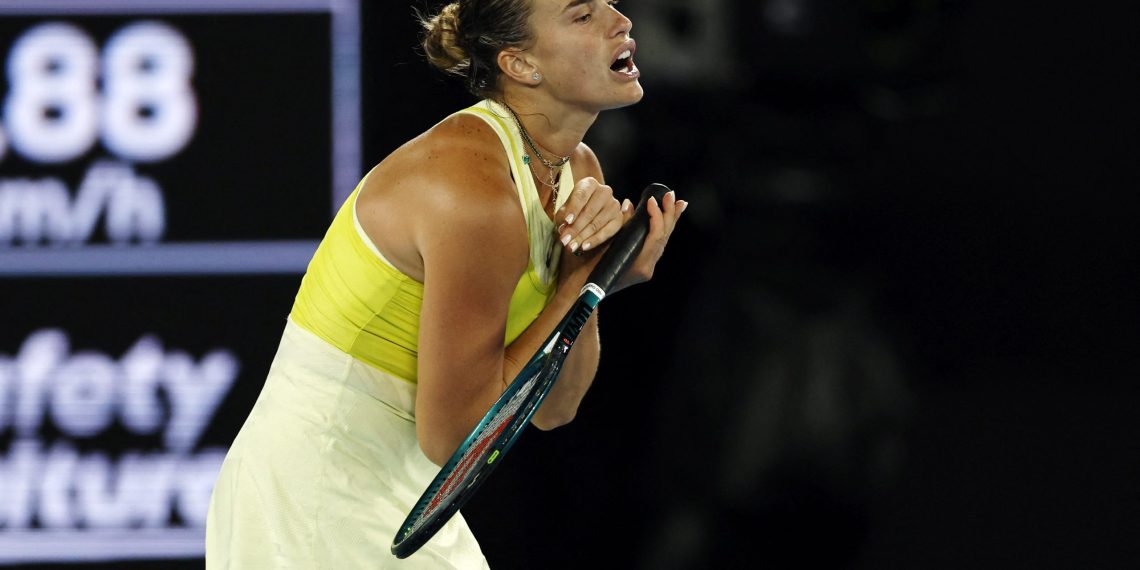Tennis star Aryna Sabalenka has voiced her growing fear and distrust of the sport’s anti-doping system, revealing how recent cases involving Jannik Sinner and Iga Swiatek have left her feeling vulnerable. The three-time Grand Slam champion admitted she now takes extra precautions to avoid even the slightest risk of accidental contamination, underscoring the mental toll the system imposes on clean athletes.
‘You Just Become Too Scared’: Sabalenka’s Fears Over Doping System
The 26-year-old Belarusian, known for her powerful game and fearless approach, is now more cautious than ever—not just about what she consumes, but even about leaving a drink unattended at a restaurant.
“Things get to your head,” Sabalenka told The National. “If someone used a cream on you and you test positive, they’re not going to believe you. You just start to be more careful. Before, I wouldn’t care to leave my glass of water and go to the bathroom in a restaurant—now, I’m not going to drink from the same glass of water.”
Her concerns aren’t unfounded. In the past year, tennis’ anti-doping process has been under intense scrutiny after two high-profile cases:
- Jannik Sinner tested positive for clostebol due to a contaminated spray used by his physiotherapist. The world No. 1 was initially cleared of fault, but WADA challenged the ruling. In the end, he settled for a three-month suspension rather than risk a longer ban at the Court of Arbitration for Sport (CAS).
- Iga Swiatek, the dominant force in women’s tennis, tested positive for trimetazidine, a banned heart medication that was unknowingly present in a melatonin supplement she took. Her case was resolved with a one-month ban, but it exposed just how easy it is for elite athletes to fall victim to contaminated products.
Sabalenka is disturbed by how unpredictable and unforgiving the system can be, admitting: “You just become too scared of the system. I don’t see how I can trust it.”
Double Standards? The Controversy Around Sinner’s Case
While both Sinner and Swiatek’s suspensions were relatively short, some players and fans feel the rulings were influenced by their high-profile status. Daniil Medvedev is among those who have questioned whether lower-ranked players would receive the same treatment.
Medvedev hopes Sinner’s settlement with WADA will set a precedent so that other players don’t have to fight long, expensive battles in court. But critics argue that past cases have not been handled with the same leniency, raising questions about consistency and fairness in tennis’ anti-doping process.
Mental Toll on Athletes: ‘One Mistake Can Ruin a Career’
For players like Sabalenka, the stress isn’t just about winning matches—it’s about avoiding career-ending mistakes. The fear of a contaminated supplement, a careless massage, or even an unverified drink is now a constant mental burden.
While anti-doping measures are crucial to maintaining integrity in tennis, Sabalenka’s concerns highlight the dangers of a flawed system, where innocent players can get caught in a nightmare scenario—one that could tarnish their legacy forever.
The question remains: Is tennis’ anti-doping process truly fair, or does it need a serious overhaul?









